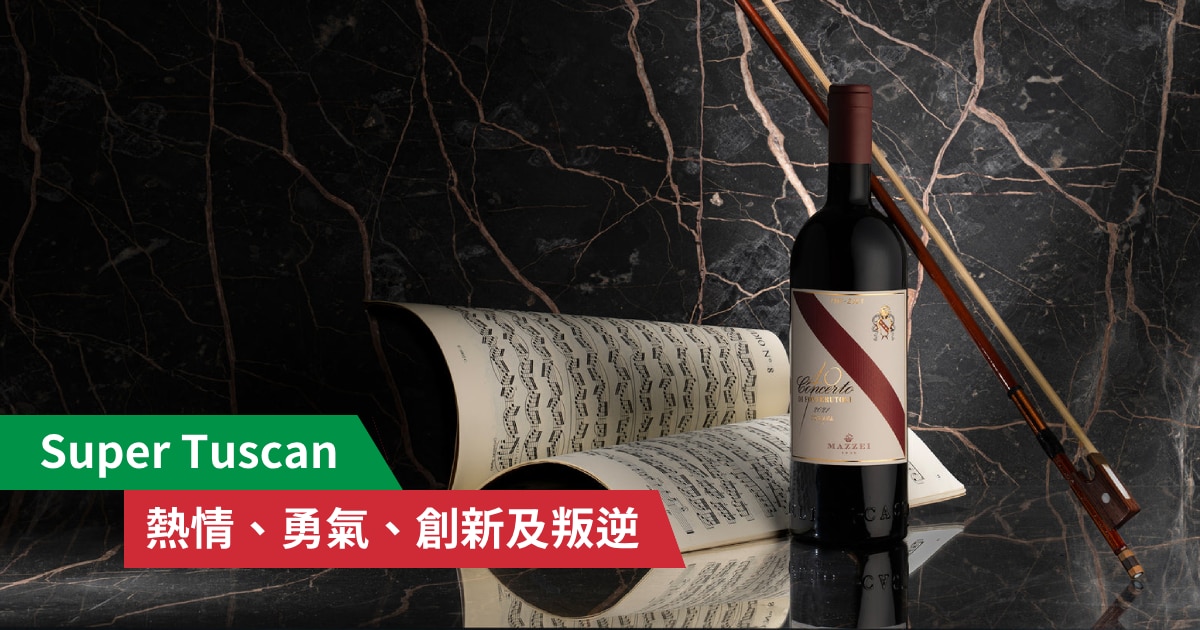For Chinese, there is a concept that we are all familiar with – “Day Selection”. Traditionally we should all check the calendar and pick the best day for different important occasions, such as wedding, travel, moving in, building, etc. Day selection is particularly important for farmers because they believe humans should follow the nature’s order and carry out farming activities based on the “24 solar terms” for the best harvest. These theories may sound superstitious to modern generations who believe in science. But coincidentally, the trending topic in the wine circle – “Biodynamics” – also believes that farming should be practiced according to the lunar calendar, which is also embraced by many renowned wineries worldwide. Let’s unmask this “mystery”.
A Step Backward is the Best Step Forward
Back in 1924, Austrian Philosopher Rudolf Steiner has initiated the Biodynamic Agriculture theory. Apart from simply only using natural materials in planting, he suggested that we should consider the farms and the organism in it as a whole, utilizing the bio-diversity and their interaction to provide nutrients to the lands and boost their vitality. The farms can then become self-sufficient and the grapes planted in these farms can be made into wines that express what we call “the best taste of the land”.
Beyond No Chemicals
Biodynamics is more than just skipping chemicals during the agricultural process. It is more about actively creating a suitable environment for grapes to grow through different measures. In addition to taking care of the vines, farmers need to grow other plants in the farm to enrich diversified nutrients in the land. They also raise horses, sheep and chickens, which all have their own duties and functions in the system. For example, horses to plough the field, sheep to eat the weeds and chickens to kill the worms; the organisms are all put together to create a self-sufficient eco-system. Moreover, in practicing biodynamics, viticulturists would replace chemical fertilizers with 9 special natural formulas to maximise the living energy of the soil. “Formula 500”, for instance, is made by filling manure into cow horns and burying them in every winter. The farmers dig them up in the following spring and mix the manure with water to create sprays. Another example is “Formula 501”, made by filling the cow horns with grinded quartz and burying them in summer. Similarly, farmers create sprays with the dug up quartz in autumn. These formulas sound “mysterious” but in fact are highly powerful and have scientific supports on their effectiveness. For example, “Formula 500” can enrich “humus” in the soil and thus facilitate the breakdown of organic matters to create compost.
What does the Moon Tell Us?
As discussed above, viticulturists have to look after every aspect in the farm and strike to create a balance. Apart from that, they also have to look up to the “sky” and go with nature. Their belief is that the growth of plants and the lunar calendar are strongly correlated, and each lunar cycle is divided into 4 phases: Fruit Day, Flower Day, Root Day and Leaf Day, only specific farming duties will be carried out in each phase. For example, Root Days for ploughing and Fruit Days for harvesting. This is because the change of moon phases is correlated to gravity and the flowing of groundwater, and affects the growing status of plants.
Express the Taste of the Land
It certainly takes much effort to implement biodynamic agriculture in wine-making, and one might wonder: after all efforts, do the Biodynamic wines taste better? With the principle of “going with nature”, Biodynamic wines express the personalities of terroirs to give us the true taste of the lands. This also explains why biodynamic wines are widely endorsed when terroir expression has become a trending topic in the wine circle. Generally, wineries adopting biodynamics have high standards on grapes and strong passion on lands and environment. Combined with the expertise of winemakers, they create some one-of-a-kind wines that always impress and surprise wine lovers. Each biodynamic wine has its characters and it is hard to summarize them easily. However, they are often described as having a relatively strong minerality and better acidity structure.
Short-term or long-term?
Biodynamics is a response to modern agriculture – if the farms are no longer fertile, never can quality grapes be grown. Similar to other pursuits of the society in recent years, such as health and going natural, the latest trend in wine industry is also “back to nature”. There are an increasing number of famous wineries to adopt Biodynamics, such as DRC (Domaine de la Romanée-Conti), Château Pontet-Canet, Cullen, and wine lovers worldwide also welcome it. Embracing the nature-focused Biodynamics can revitalize the soils and thus lead to sustainable agricultural developments, not to mention producing great wines. It is not surprising that the “going with nature” attitude has been integrated into the wine-making philosophy of a myriad of wineries. Rather than just being a promotional gimmick, Biodynamics is part of the wineries now and hopefully it will become part of our lives too.



 Same Day Pick-up
Same Day Pick-up


























